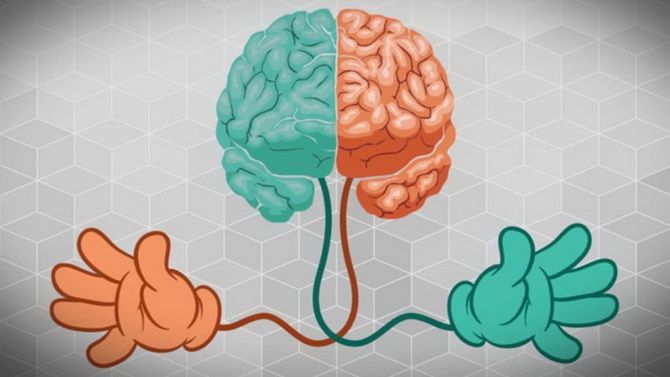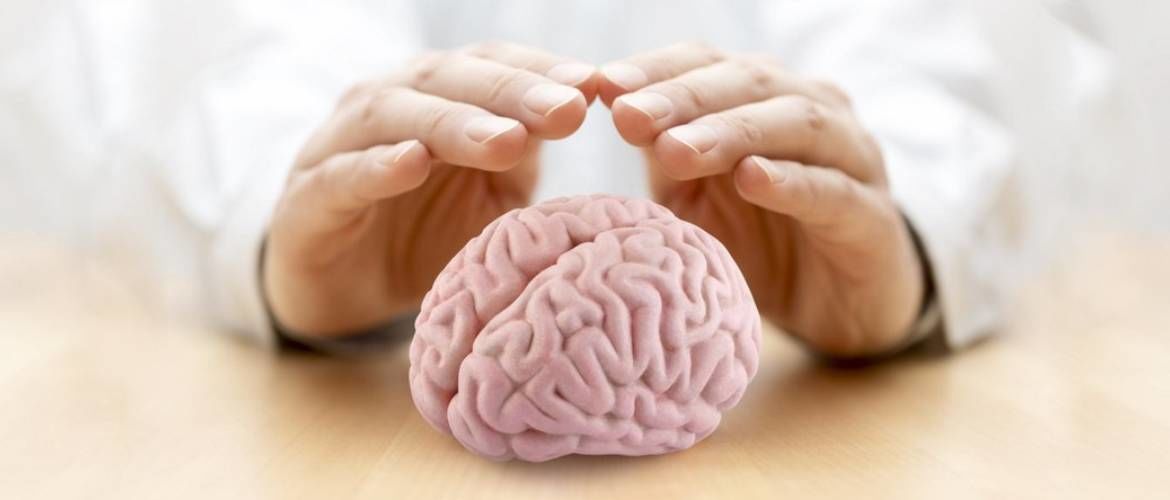The brain is an organ whose efficiency determines the quality of our lives. It needs a lot of nutrients and antioxidants. The effective work of the brain is reflected in the whole body – it is easier for you to think, learn and remember, there are no problems with concentration and attention. Find out on Joy-pup what you can do for your brain, and make these things your daily ritual.
Change your working hand

A great workout for your brain cells is to change your working hand from time to time. For example, if you are right-handed, stir your tea and brush your teeth with your left hand. For a right-handed person, performing even basic daily activities with the other hand will be a problem, so it will force the brain to focus only on this. If you do something the other way around, other areas of the brain are activated, which stimulates its structures to create new neural connections. A small change, a departure from the routine, is refreshing on the head. It can also be a change in the design of the apartment, rearrangement of furniture, running along a different route while jogging.
Focus on one task

There are situations when we try to perform several processes at the same time, constantly switching between tasks. But often the effect is the opposite – nothing is done right or on time, and you end the day confused, tired and exhausted. The myth of multitasking has long been debunked by scientists – the brain does not like it when you do several things at the same time. So the risk of making a mistake is higher than when we focus on one task. When you are constantly distracted by additional stimuli such as messages, email, etc., the brain begins to work inefficiently, and in conditions of non-permanent multitasking, IQ can drop by 10 points.
Meditation

Multitasking negatively affects brain function, while the focus that accompanies meditation works great. Meditation reduces tension and stress, relieves anxiety and anxiety, and the brain relaxes during this activity. To get started, literally 5-10 minutes during the day is enough. You can find meditation tips and courses on YouTube, and there are also mobile apps for practicing meditation and mindfulness and for learning to breathe.
Drink water

The benefits of hydration are often underestimated, but even a little dehydration is enough to make our brains work harder. This organ is 80 percent water, so it instantly reacts when we drink too little liquid. This can be manifested by excessive irritability, headache, difficulty concentrating, slow processing of information. How much water should you drink a day to keep your brain fit? It is recommended to drink 2-2.5 liters of water per day, and in the heat and if you play sports, you need to drink more liquid than usual.
Walk outdoors

After a week of work, a leisurely walk in the fresh air brings a pleasant feeling of relief and relaxation. Nature has a very positive effect on a person – the green landscape serves concentration and contemplation, it gives pleasure. A walk among the trees is soothing, while an urban landscape of concrete and asphalt can evoke emotions such as absent-mindedness, tension, and annoyance. Researchers at the Barcelona Institute for Global Health noticed that children who grow up near green spaces have more neurons that are responsible for cognitive function, good memory and concentration. So if you want to give your brain a decent dose of pleasure, take walks in the woods, in the park, in the meadow.
Short daytime nap

Getting enough sleep at night is the foundation of good health, well-being and fitness, including the brain. But if possible, it is worth taking an extra nap during the day from time to time. It can benefit the intellect, psyche and brain. Even a 15-minute nap will help consolidate previously learned information, improve memory and cognitive abilities. For example, if you are preparing for an exam, break away from cramming and carve out 30-40 minutes (no more) for daytime sleep.







Only registered users can leave comments